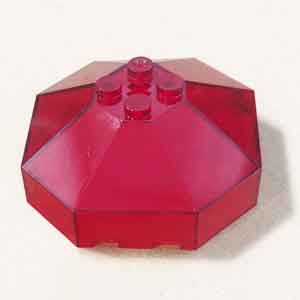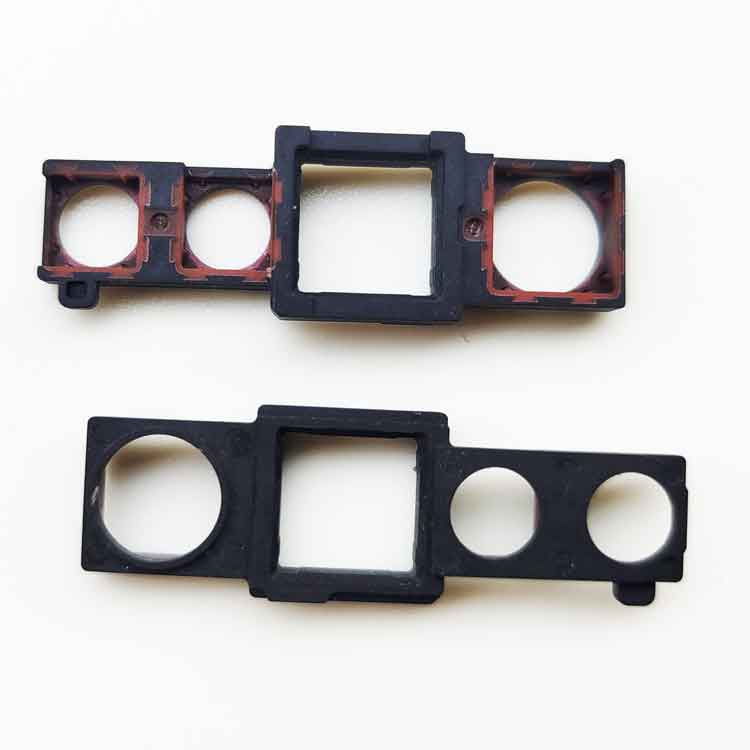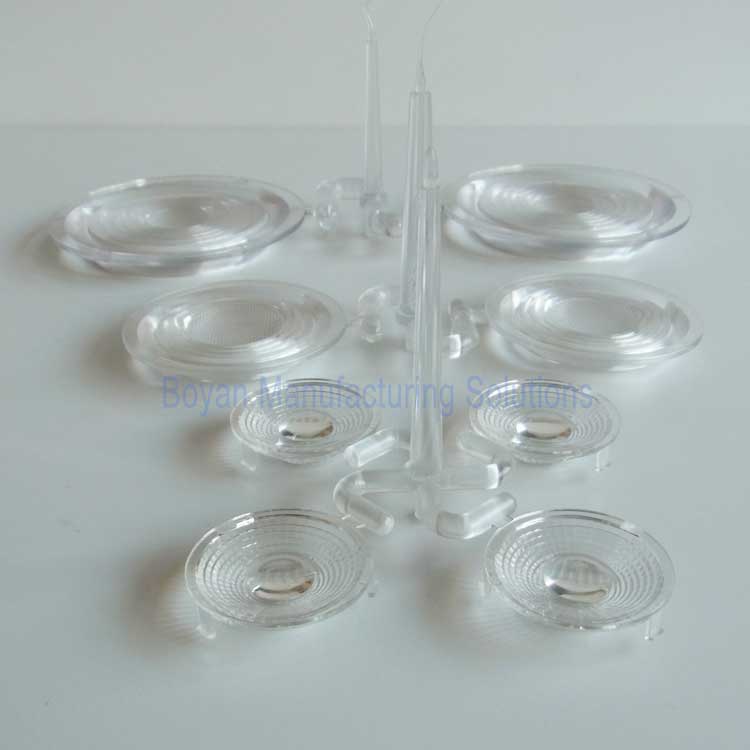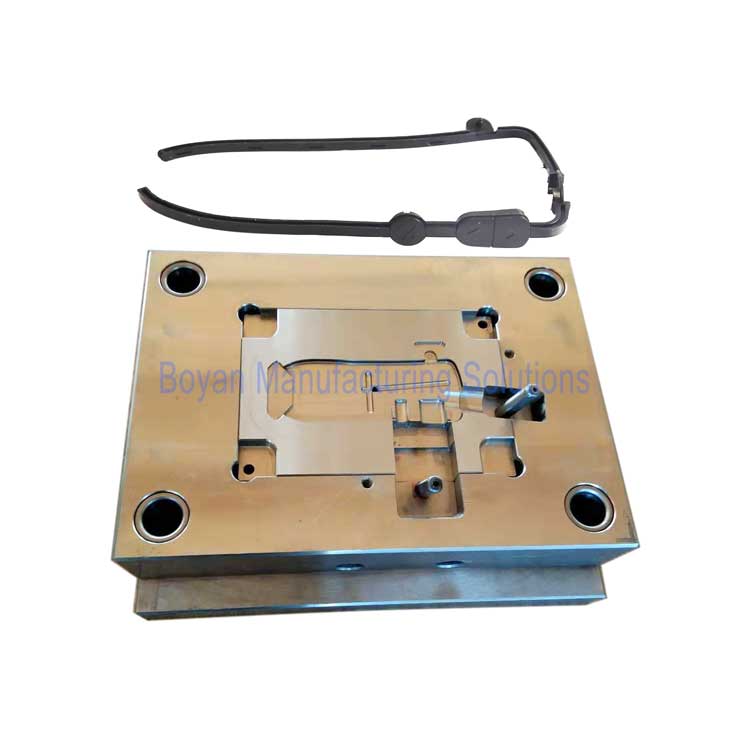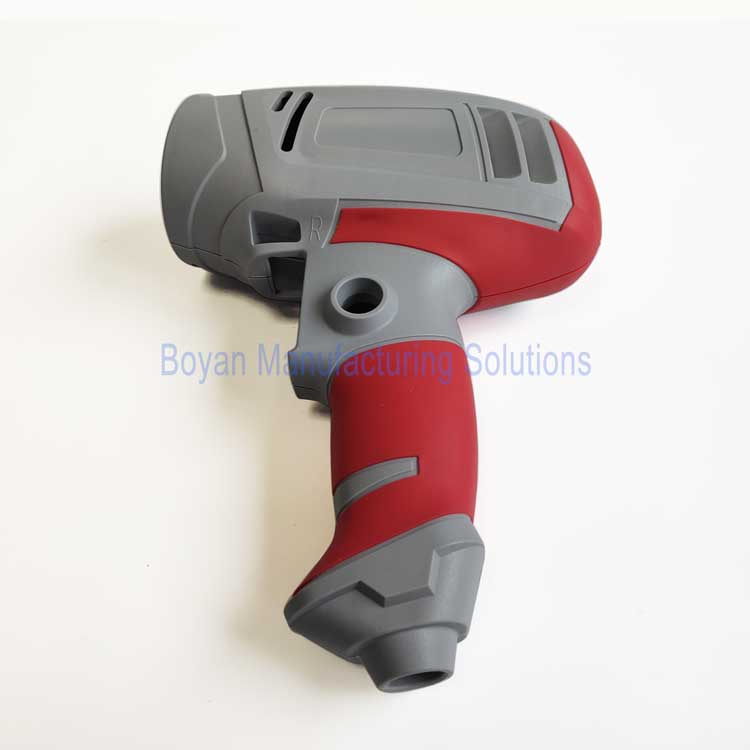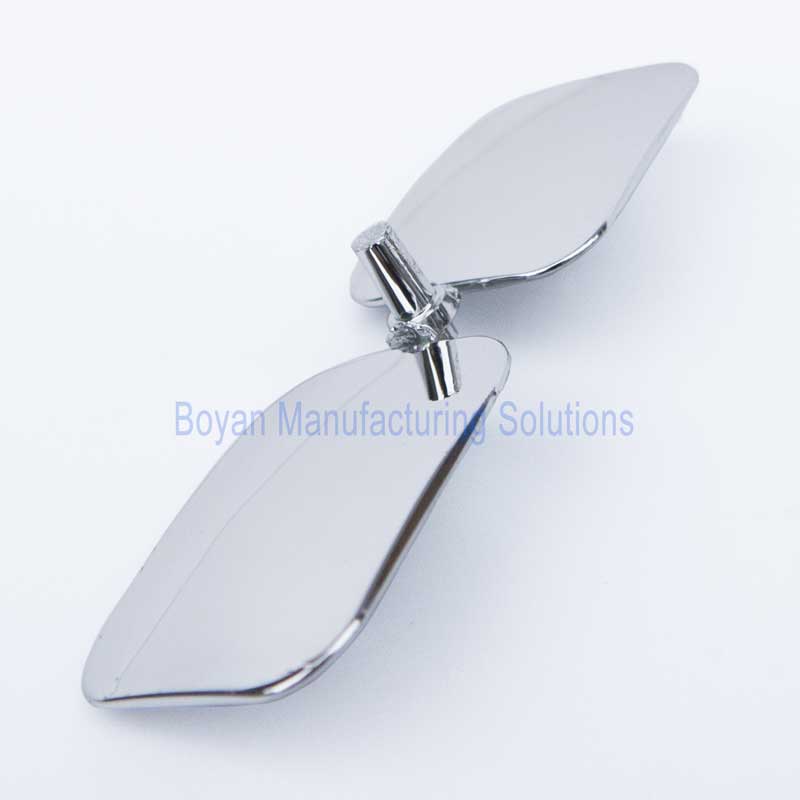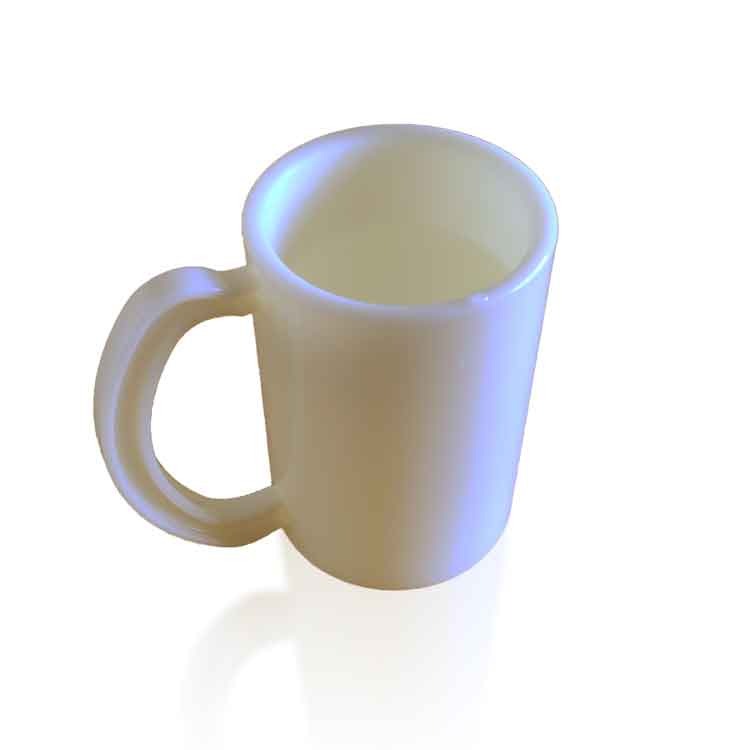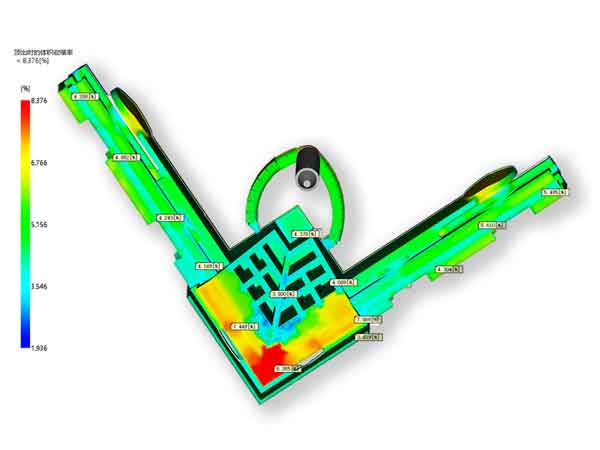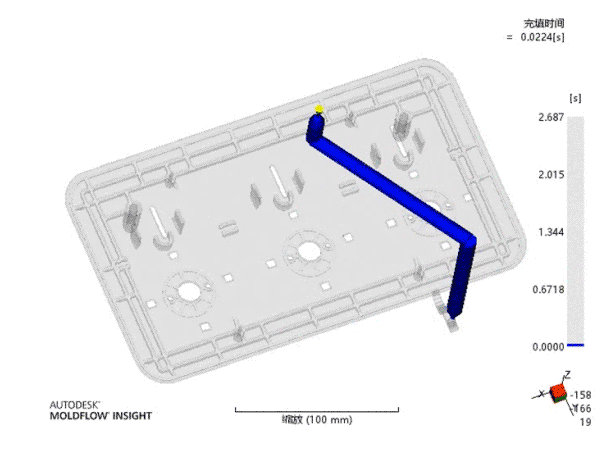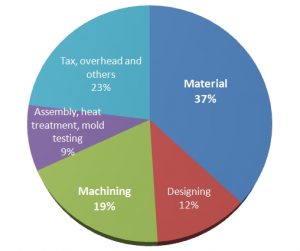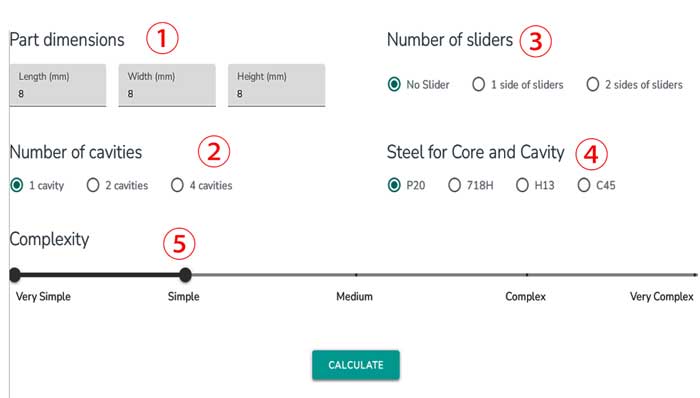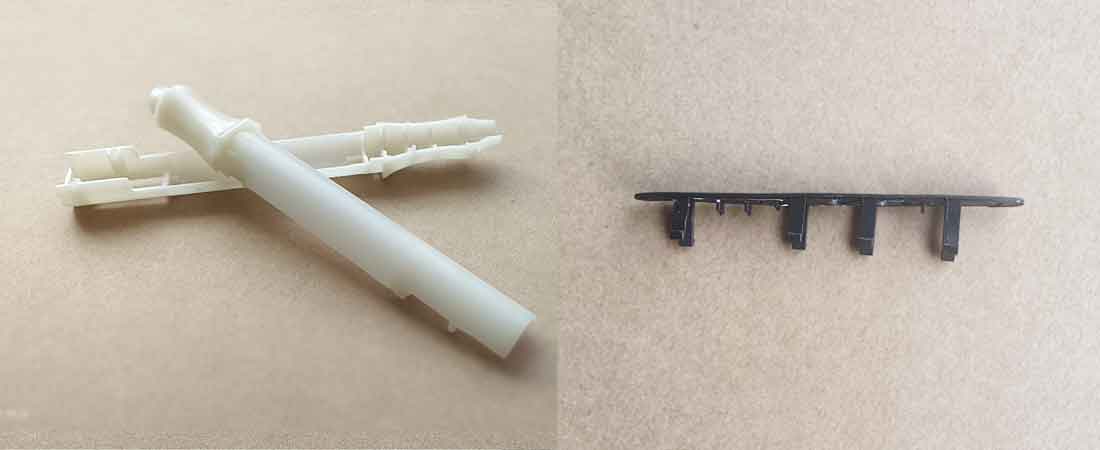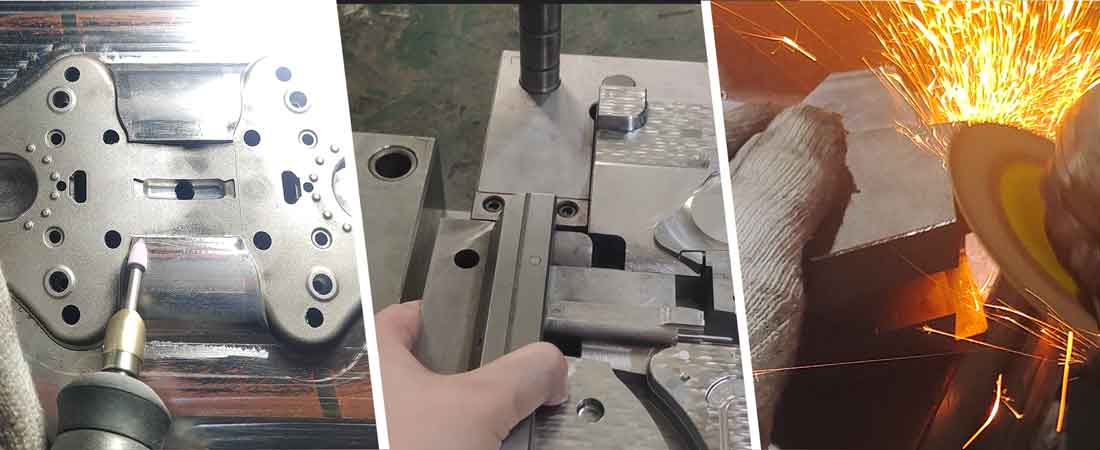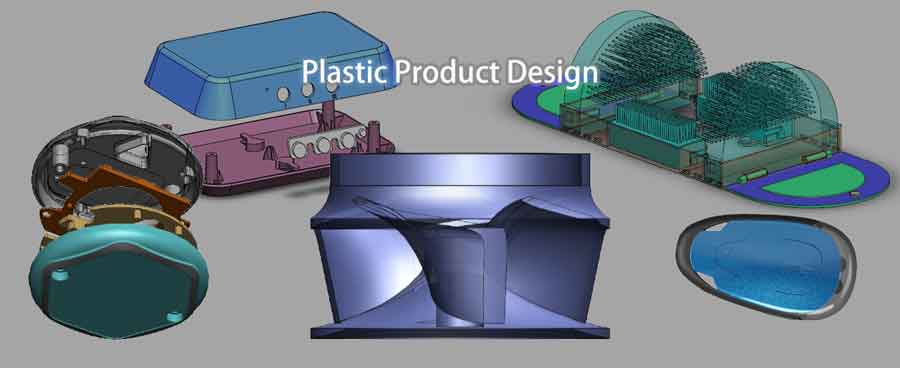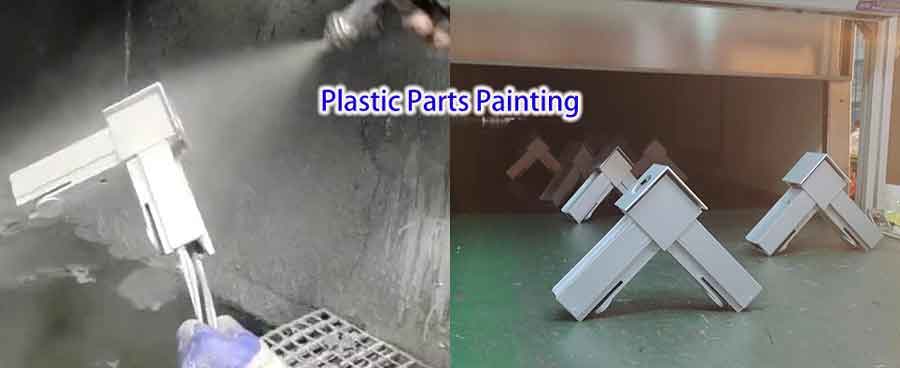Boyan Manufacturing Solutions
we specialize in delivering expert custom plastic injection molding services
At Boyan Manufacturing Solutions, we are proud to provide high-quality plastic injection molds and molded parts, along with expert engineering support and customer service. Most importantly, we help you stay within your budget!
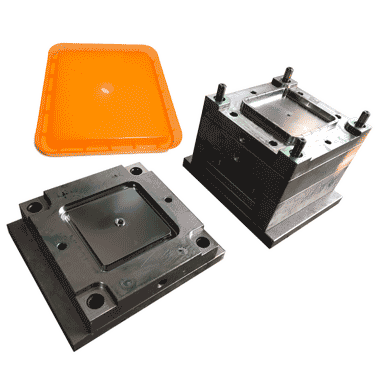
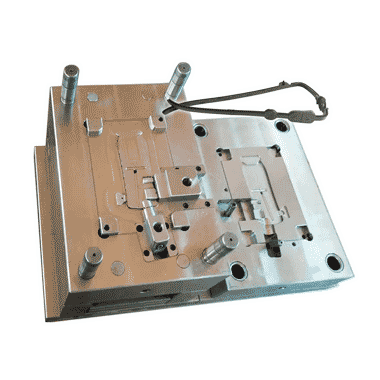
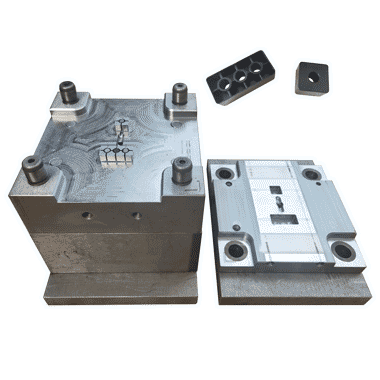
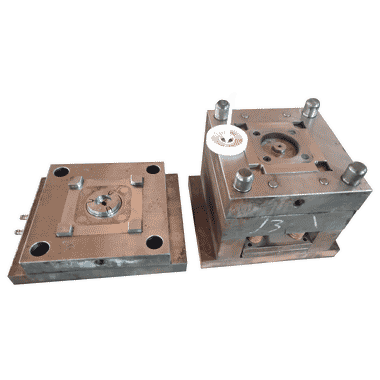
Our services
Injection Mold Design & Manufacturing
Custom Injection Molding Service
We offer comprehensive mold design, manufacturing, and custom injection molding services.
Our expertise includes precision injection molding, micro molding, overmolding, insert molding, 2-shot molding, and so forth.
Our service areas cover electronic appliances, household products, consumer products, transmission components (such as gears and screws), and automotive parts. No matter your needs, we provide a wide range of solutions.
We are using precision injection molding machines of various tonnages and capacities. With the aid of mold temperature control equipment, we can produce products of different specifications that meet customer satisfaction.
Product Design & reverse engineering
Our part design services include optimizing existing designs to improve moldability and reverse engineering. This is based on our deep understanding of injection-molded parts and molds. Our skilled designers can complete design tasks in a short time.
Additionally, we can perform initial product design if you provide conceptual sketches. Compared to professional design firms, our design fees are much more affordable.
Material Selection
Our material experts provide professional advice and possess extensive knowledge about thermoplastic resins, including general-purpose plastics (such as PP, PE, PS, ABS, PMMA), engineering plastics (such as PC, POM, PA6, PA66, PET), and high-temperature plastics (such as PES, PEEK, PPS, PSU, PBI).
Adhering to best practices, we emphasize that selecting the right material is crucial for the success of your product, as changes are difficult to make once the mold-making process begins.
Rapid Prototyping
To provide convenient services for our customers, we offer 3D printing services. Common materials include standard photopolymer resin, nylon (with and without fiberglass), transparent resin, and elastomers (such as TPU, TPE, and silicone).
The typical turnaround time is 1 to 3 days. Customers need to provide files in STEP or STL format.
Post Processing
We offer a variety of post-processing services, including painting, printing and marking (screen printing, pad printing, laser marking), electroplating, polishing, machining (drilling, milling, etc.), welding, and assembly.
These processes are highly influenced by human factors, requiring extensive experience and a high level of responsibility. Please note that there are minimum order requirements for these services.
Product Showcase
Type: precision molding
This example of the Lego part shows how to achieve the precision of the injection mold final plastic part. Click to see more details.
Type: precision molding
A plastic lens retainer for smartphone cameras, made by 2-shot injection molding with PA6+GF substrate and TPU overmold.. Click to see more.
Type: clear plastic molding
These are lenses for LED lights. The surface pattern is most critical for the proper projecting of lights. Each part need to have the same weight for cost saving in large volume production.
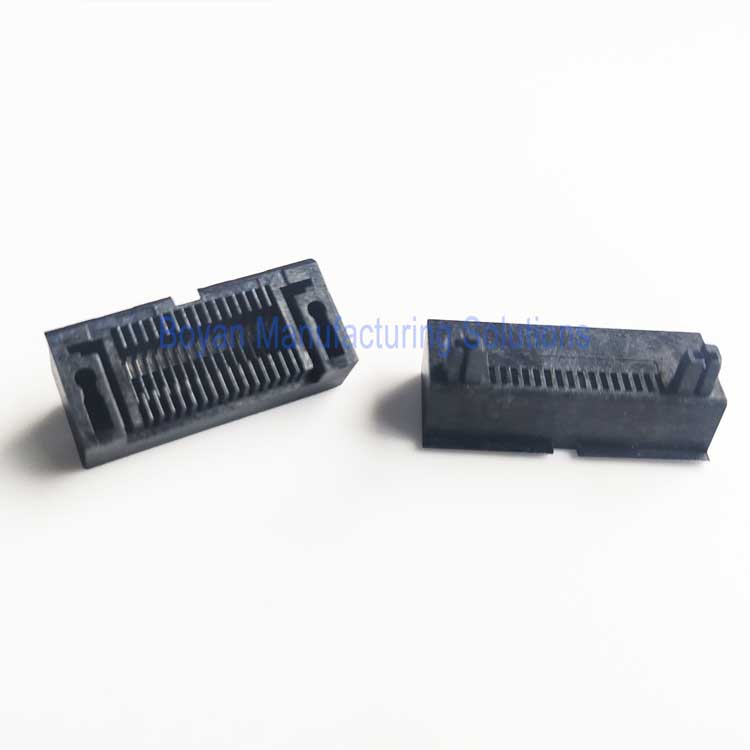
Type: precision molding
This is a pin connector used on PCBs. High precision and uniformity are required.
Type: precision molding / TPU molding
This is a side seal for mobile phones, with the material TPU. There are small details made to high precision to prevent flashes.
Type: TPE overmolding
This is a handle for power tools. The substrate is ABS with TPE overmolded.
Type: chrome plating
This is a wide reflective mirror made of ABS, with the surface plated with chrome.
Type: ultrasonic welding
The cup body consists of 2 walls for better heat insulation. The bottom is welded to the cup body. The material for this cup is ABS.
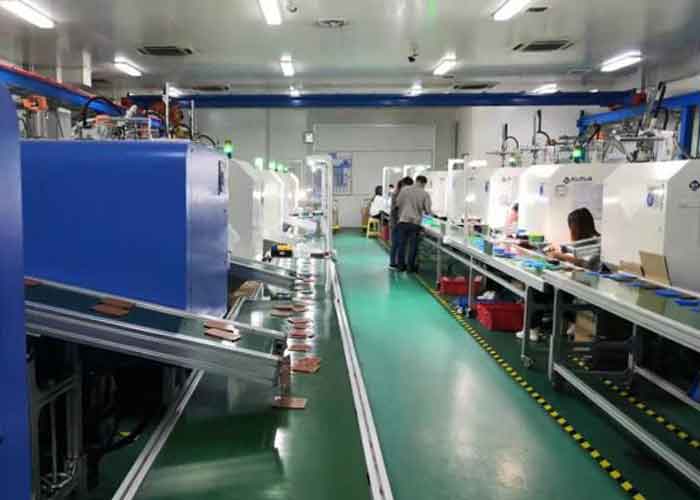
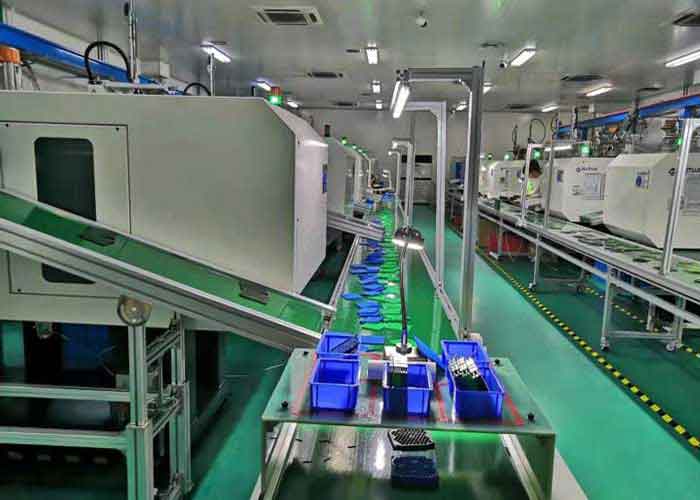
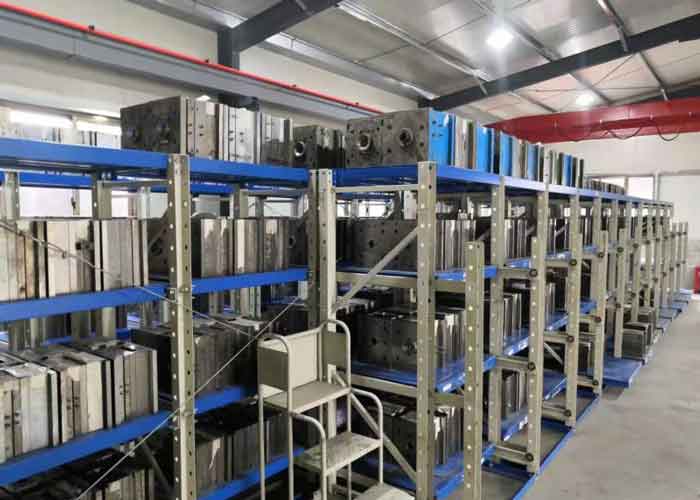
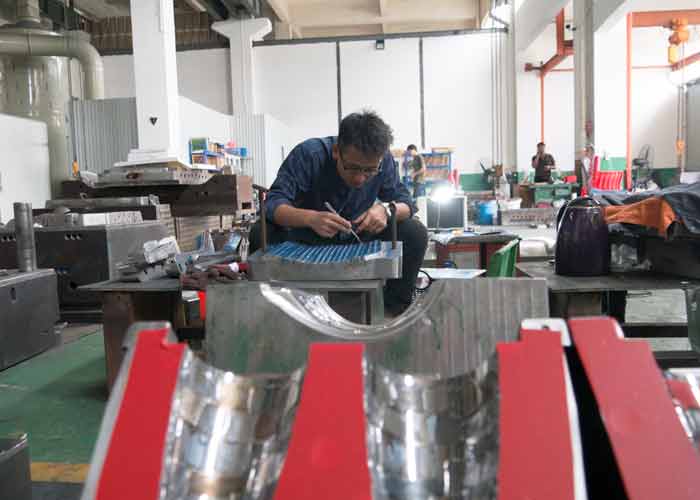
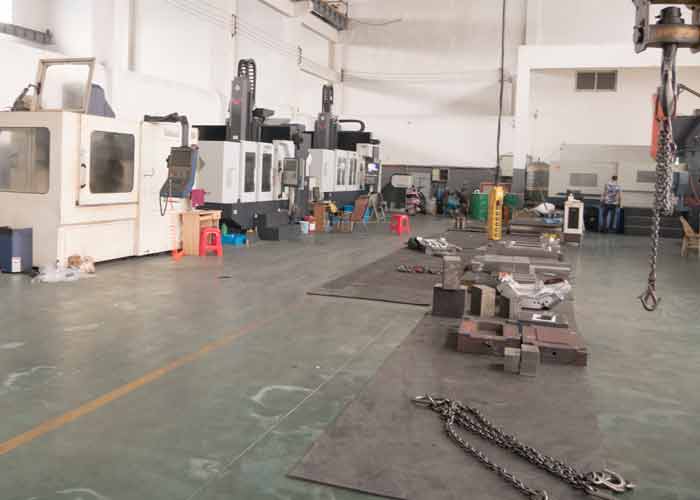
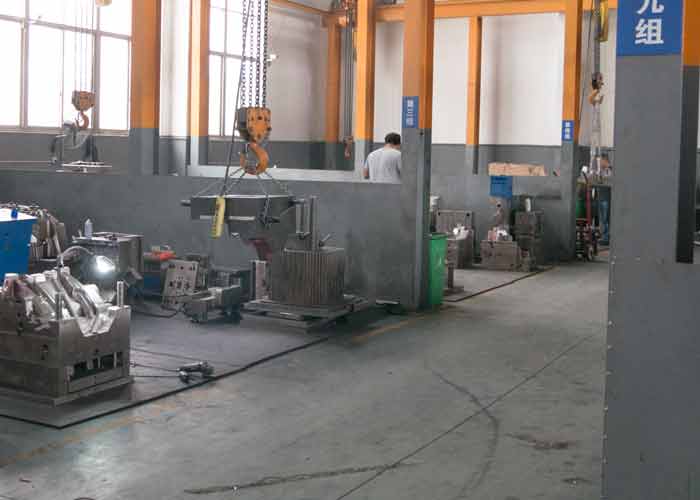
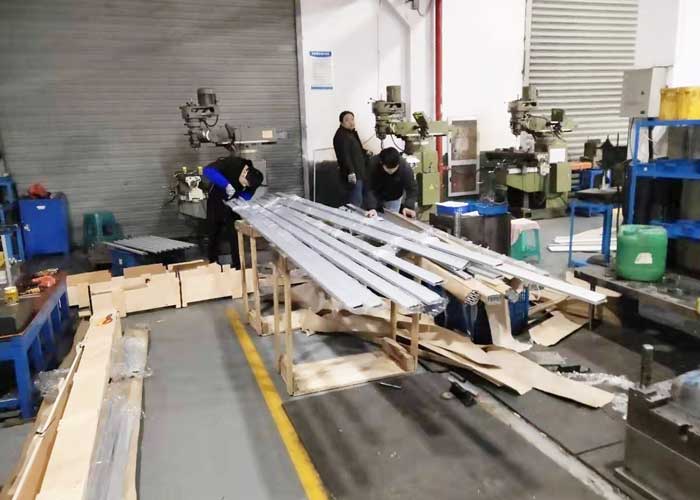
Why Choosing Us?
Quality Control - from Start to Finish
At Boyan, delivering quality molds or products is our mission. Quality is not just an outcome; it results from controlling every step of the process.
1. Product Design Analysis
Quality begins when we first come into contact with the product design. We review the part design and discuss with the customer any areas that may need modification or optimization.
Understanding the product’s intended use helps us understand the requirements for appearance, material properties, and dimensional accuracy. For parts requiring precise fits, we recommend appropriate tolerance for the key dimensions.
We then conduct a Design for Manufacturing (DFM) analysis, often accompanied by a Mold Flow Analysis. These reports include the proposed mold design, potential injection molding defects, and strategies to mitigate or avoid these defects..
Many molding defects are predictable, and they can be avoided or kept within an acceptable level.
2. Professional Mold Manufacturing
In the mold manufacturing process, we strictly control all factors that affect quality as listed below:
Accurate and appropriate mold design is crucial for injection molding projects. This includes selecting the parting line, designing the gates, sliders, and lifters, as well as the type and location of ejector pins.
We design the optimal solution based on product characteristics and send the mold drawings to customers for confirmation.
We select suitable machining equipment based on the precision requirements of the mold to achieve the best balance between cost and quality.
Our equipment ranges from standard precision machines to high-precision equipment such as high-speed milling, mirror EDM, and slow wire cutting. If necessary, we can achieve a level where no manual fitting is required, allowing mold components to be assembled directly for use.
We choose appropriate mold steels based on the plastic material used for the product and the production volume. We select materials from reputable mold steel manufacturers to ensure mold quality and longevity.
Commonly used mold steels include P20, 718H, 2738H, H13, S136H, and NAK80.
Ensuring Project Success Through Proper Quality Standards
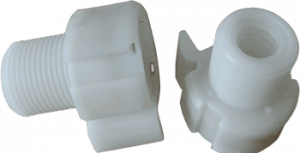
Setting precise quality standards is a delicate process, and we offer our expert guidance to ensure the success of your custom plastic part project.
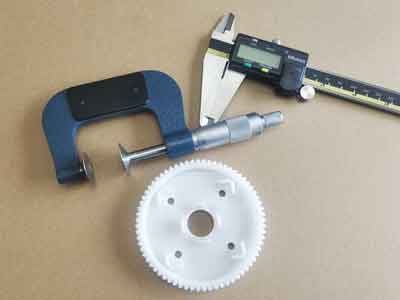
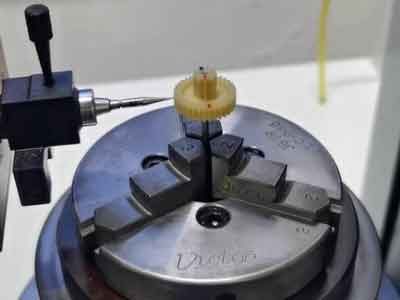
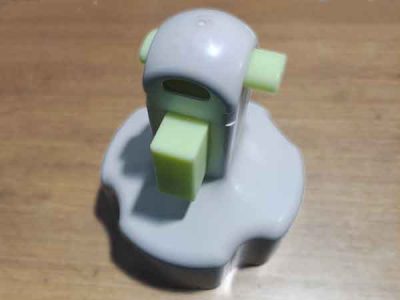
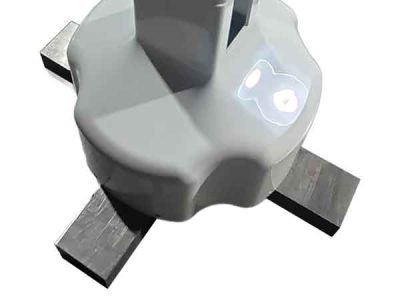
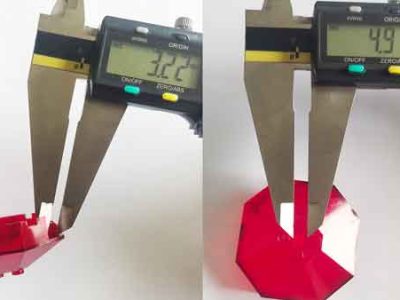
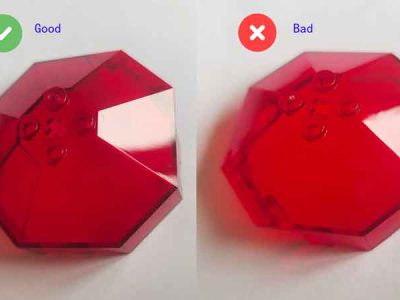
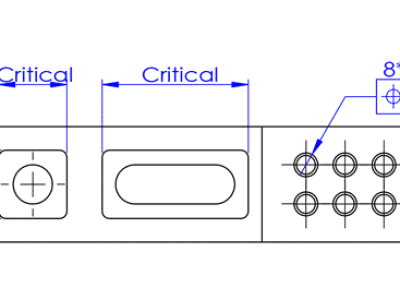
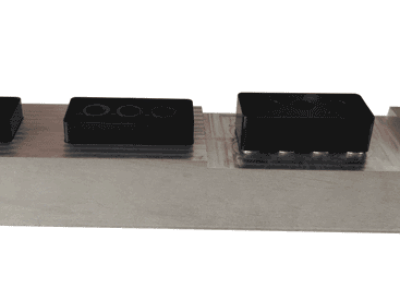
3. Product Inspection
We determine acceptance standards based on the product’s intended use, focusing on appearance, dimensional tolerances, and occasionally destructive testing to verify material strength. These standards form the quality agreement between us and the customer.
According to these quality requirements, we perform visual inspections and dimensional measurements. Common tools include calipers, custom-made gauges, and sometimes coordinate measuring machines (CMM). We provide inspection reports along with photos and videos, ensuring you have first-hand information.
When you’re looking to partner with a plastic injection molding company for a custom project, this article provides a step-by-step guide to ensure a quality outcome.
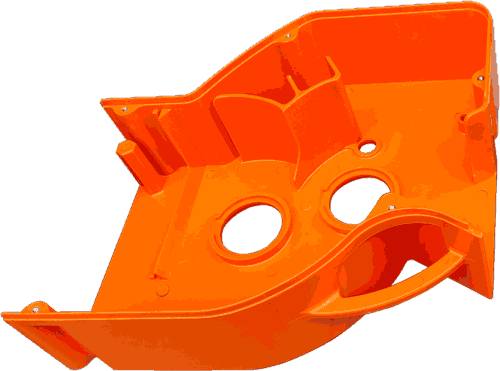
We ensure that our competitive prices are always grounded in providing adequate quality to meet your needs.
Low Price - Sufficient Quality
At our full-service company, we prioritize affordability and transparency in custom plastic injection projects.
We can offer a detailed mold cost breakdown, enabling you to see the exact composition of expenses.
This ensures that each item is reasonably and accurately calculated, providing you with complete satisfaction.
Our online mold cost calculator
Using our state-of-the-art online mold cost calculator, you can obtain an accurate cost estimation for your plastic part within seconds!
Simply enter the ① part dimensions, ② number of cavities, ③ number of sliders, ④ the steel for core and cavity, along with the ⑤ complexity level, and receive a comprehensive price range.
Rest assured, our actual mold quote typically aligns with this estimated range.
Say goodbye to lengthy waiting times and welcome the efficiency of our mold cost calculator!
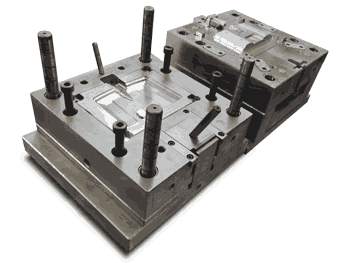
Plastic Injection Molding Process
The DFM and Mold flow analysis can help you avoid potential production problems, optimize the part and mold design and shorten the overall production cycle.
This will include deciding the type and location of the injection gates and ejector pins, wall thickness and draft analysis, possible molding defects and solutions, and so forth.
- Mold design requires extensive experience, great care, and it is time-consuming.
- The mold design is a key factor in the success of the mold, as the machining is all based on the drawings.
- It is often a collaboration between the molders and designers to ensure that every detail has been properly arranged.
- This process will usually take 2 to 5 days.
- This usually includes CNC milling, wire and electrode EDM (and the machining of electrodes).
- A heat hardening may be required between the rough and finish machining.
- Different grades of processing equipment are available, and choosing the right equipment can save costs while ensuring quality requirements.
- The machining process typically takes 7 to 15 days.
- Ideally, the molded parts should be manufactured to a very high degree of precision so that the mold can be just assembled and put into use. This is possible, but very costly.
- In common practice, the machined parts are usually polished or modified to make sure the ideal engagement of mating components is obtained.
Small errors and omissions in the design should also be fixed. - The mold assembly process will normally take 5 to 15 days.
- In this phase, we will check if the mold is working as expected, and verify if the T0 samples meet the dimension tolerances, without noticeable flaws, and function properly in their assembly.
- For T0 samples, the surface texture is usually not yet applied and the tool steel is not yet hardened in anticipation of possible tooling corrections or modifications.
- The cycle time from the very beginning of mold production to T1 samples will usually be 25 to 40 days.
- The mold or the T0 samples may have flaws or imperfections that need to be fixed.
- Sometimes the customer will require design changes on the parts.
- After that, T1 samples will be made for inspection.
- The mold modification will normally take 15 to 30 days.
- After the samples are approved and the mold is tested and ready for production, it is time to apply surface textures and harden the tools.
- Some plastic parts have a polished finish or a sanded finish (which can be simply obtained from electrode EDM), so they do not need the texturing process.
- The hard molds (made of steel H13, S136, etc), the steel is hardened before finishing machining, so they do not need any more hardening at this stage.
Now we are good to move forward to deliver the mold or start production!
Customer testimonials
— At Boyan, we consistently appreciate the chance to embrace challenges, foster creativity, and evolve together with our customers’ enterprises
Frequently Asked Questions
Generally, STEP is the most widely used format, supported by most design software for conversion. Our design tools include UG and SolidWorks.
It’s important to note that we occasionally receive files in STL format. However, STL files are suitable only for 3D printing and cannot be used for mold machining. Converting STL files to STEP format, if requested, will incur additional charges.
Absolutely, but we need detailed information about the product’s use. This includes what the product is, its operating environment such as high/low temperatures, whether it’s used outdoors or indoors, and if it requires resistance to corrosion, flame retardancy. Additionally, we need to know the required mechanical properties like strength and toughness (impact resistance). With this information, we can help select the most suitable plastic material for your project.
Yes, we offer custom color matching based on client requirements. Colors can be customized according to RAL or Pantone codes. However, this method is not perfectly accurate due to slight variations among different color card editions. We have noticed this through our collaborations with many color matching suppliers, thus providing a color sample is more preferable.
There are two methods for color matching: adding color powder or masterbatch at a later stage, or having the color pre-mixed at the raw material factory. The latter requires a larger purchase quantity.
The lead time for injection molding projects varies based on the complexity, precision, and size of the mold. Typically, the production cycle for an injection mold ranges from 25 to 40 days. The initial samples produced using the mold are referred to as T0 samples.
Following the inspection of T0 samples, modifications to the mold may be necessary. This could include design adjustments or corrections to meet the specified dimensions. After modifications, the next set of samples, known as T1 samples, are produced. This cycle can take an additional 15 to 25 days, with additional time for shipping and inspecting the samples, totaling about 30 days.
In summary, the complete process from the start to the completion of a mold generally takes about 2 to 3 months. Sometimes, a second round of modifications is required, although this is less common.
Efficient communication during the sample inspection and problem-solving process is crucial. Without it, the overall timeline may extend further.
We do not impose restrictions on the MOQ. For some products, the quantity might be as low as 100 pieces. We hope this will lead to more orders in the future, but it’s perfectly fine if it does not.
However, please note that smaller orders may have longer lead times. This is because these orders are typically processed during the intervals of other production schedules, especially when there are specific production conditions required or additional post-processing involved.
To ensure our injection molded products meet specifications, we implement rigorous quality assurance measures. These include material inspections, mold design reviews, precise control of the injection molding process, initial product inspections (FAI), continuous production monitoring, and thorough final quality checks.
Additionally, we actively seek customer feedback for continuous improvement. This comprehensive approach guarantees that our products consistently meet high-quality standards and customer expectations.
For the exported injection molds, we ensure quality through comprehensive measures including mold design review, precision machining and inspection, and mold trial runs. Our approach covers all aspects from raw materials to design, manufacturing, and trial operations to guarantee mold quality. Throughout the mold-making process, we keep our clients updated on progress. Before shipping, we conduct a 4-6 hour trial run to ensure mold quality meets expectations. We encourage clients to communicate any additional requirements before production begins.
Certainly! We provide a comprehensive range of secondary operations and finishing services, including surface treatments such as painting, plating, screen printing, pad printing, and laser etching. Additionally, we offer welding, machining, and assembly services among others to meet the diverse needs of our clients and ensure their projects are completed to the highest standards.
If your project with us involves confidential information, it is essential to sign a Non-Disclosure Agreement (NDA) before initiating the collaboration. This ensures that we are aware of the project’s confidential nature and also allows us to enter into similar agreements with our suppliers. In our communications with them, information will be limited to the minimum necessary on a need-to-know basis.
However, understanding the product’s application scenarios helps us ensure its quality, so clients should carefully consider their needs and share useful information with us. This balance allows us to maintain confidentiality while also receiving the context needed to deliver the best possible outcome.
We specialize more in the production aspect of product design rather than aesthetics, as we are not a professional design firm. While we collaborate with many designers, the initial design phase requires extensive communication with clients and an understanding of their cultural background, which we find challenging. However, we are confident in our ability to design for functionality. You can see an example of our work by clicking on this link.
Absolutely, if requested, we will promptly ship the mold to you, though such situations are rare. Generally, once customers start to have their molds made and kept at our facility for production, it’s uncommon for them to retrieve the molds midway through the process.
Yes, generally speaking, the subsequent maintenance and updates of the molds are our responsibility. This makes sense because if the production profits far exceed the cost of the mold, then we can take responsibility for creating a new mold when its lifespan ends (usually they last 100,000s shot).
However, if the production quantity is very low and there have been no orders for production over 3 years, this may lead to the mold being scrapped or needing repairs, and this is not something we would cover.
For mold costs, we generally require a 50% down payment, with the remaining 50% paid after sample confirmation.
For product production, we usually require a 30% down payment, with the remaining 70% paid before shipment. However, we will carefully inspect the product quality and send the inspection results before shipment.
Currently, our customers are located in the United States, Australia, Switzerland, the United Kingdom, the Netherlands, Turkey, Greece, and other countries.
